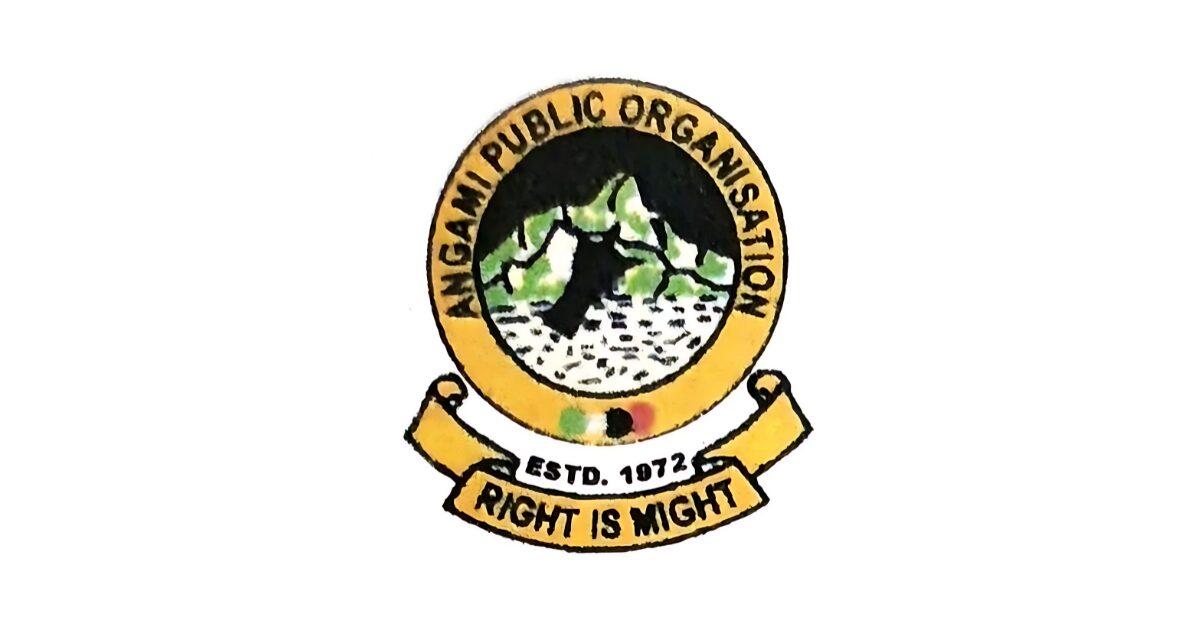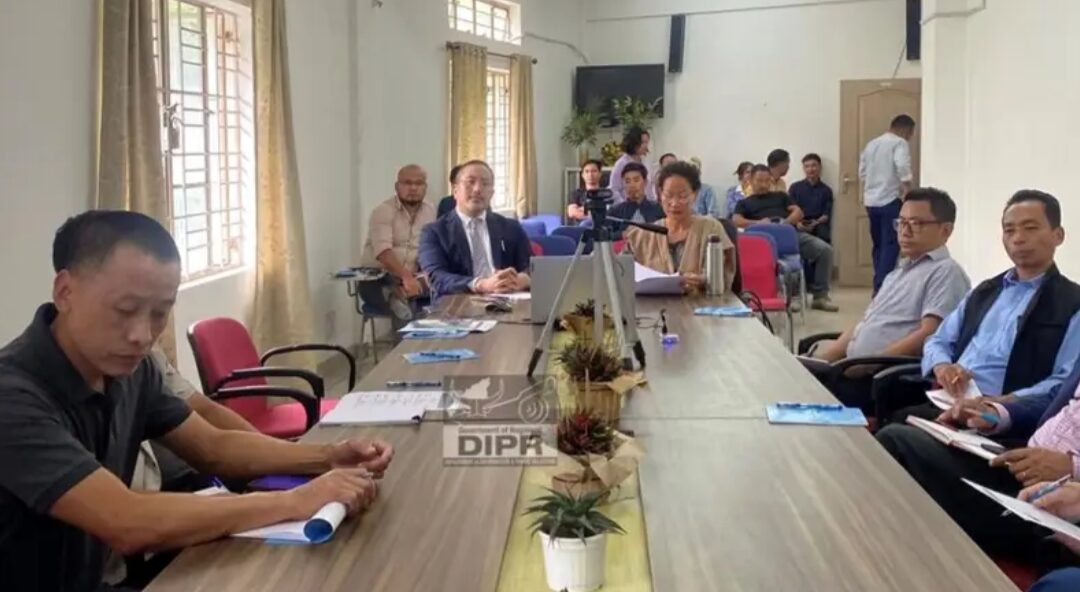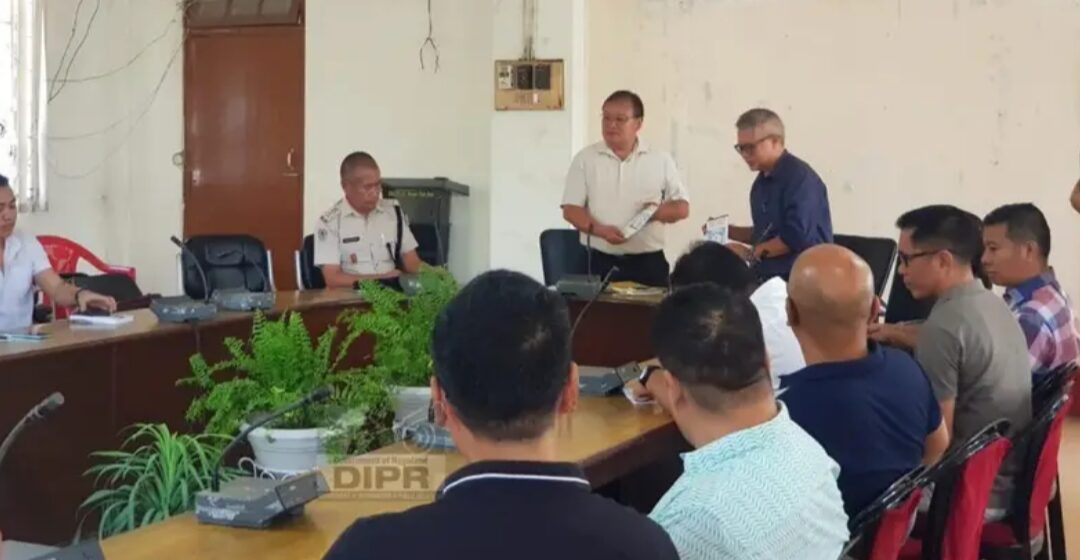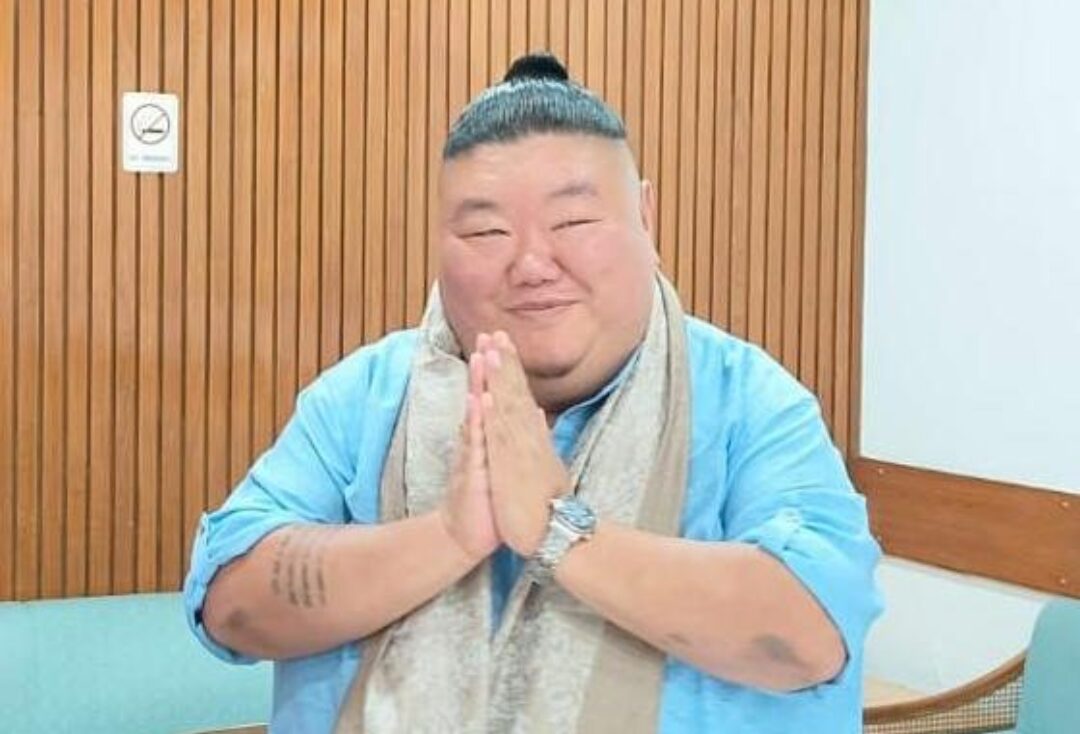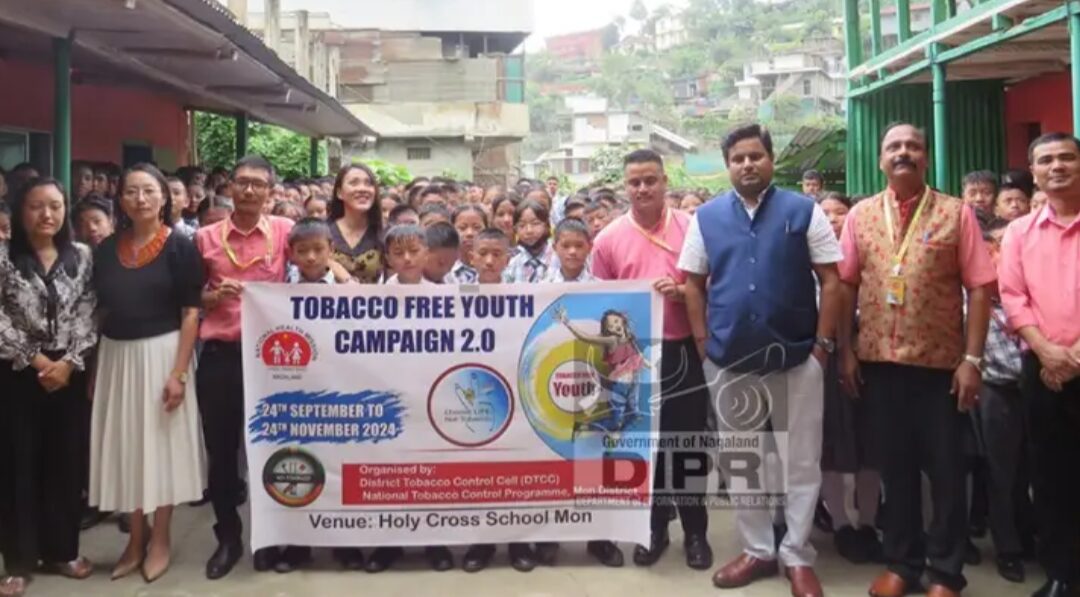The Angami Public Organisation (APO) has called on the Nagaland Government to prevent the ‘Gau Dhwai Sthapana Bharat Yatra’ from entering the state. This yatra, part of the ‘Gau Pratishtha Andola’ movement, aims to ban cow slaughter across India and is scheduled to visit Kohima on 28 September 2024.
Concerns Over Community Relations
The APO expressed concerns that the yatra could disrupt the peaceful coexistence between Hindus and Nagas in Nagaland. The organisation pointed out that cow slaughter is an integral part of Naga festivals, and any campaign to ban it would likely face strong opposition from the community. “No Naga festival is celebrated without the slaughter of the cow,” the APO stated, emphasising that such a campaign would “disturb the hitherto cordial relation amongst the communities in Nagaland.”
Also Read: NDPP urges reconsideration of cow slaughter ban programme in Kohima
Cultural Significance
In Naga society, the concept of “mother” holds high esteem and sanctity, but it is taboo to address animals as “mother” or “father.” The APO is adamant that they do not want external authorities dictating how they should address their cows and dogs. “We are totally against anyone dictating us on how to address our cows and dogs,” the organisation asserted.
Details of the Yatra
The ‘Gau Dhwai Sthapana Bharat Yatra’ is set to commence on 22 September 2024, and will visit the capitals of all Indian states and union territories. The yatra is part of a broader movement seeking to make India free of cow slaughter. The APO’s request to the Nagaland Government reflects the deep-seated cultural and social implications of such a campaign in the region.
Also Read: Happy Gilmore 2: Adam Sandler, original cast, new stars, plot, release date
Call for Respect
The APO emphasised that while they respect the dietary preferences of others, they do not want their own eating habits imposed upon them. “While we do not impose on others what to eat and what not to eat, we are against any authority or group imposing their eating habits on us,” the organisation said. This stance highlights the importance of respecting local customs and traditions in the face of broader national movements.
